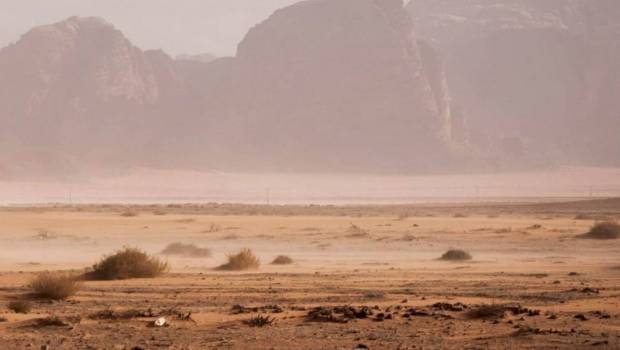Meridiam has just won the construction-concession contract for a desalination plant and supply of fresh and drinking water in Aqaba and Amman in Jordan.
The project team led by Meridiam includes global and regional partners Orascom Construction, Vinci Construction Grands Projets and Suez. This critical infrastructure, which involves one of the largest seawater desalination plants in the world, will provide more than 300 million cubic meters of drinking water per year to the populations of Amman and Aqaba. This project is considered a national priority to ensure the country’s water security and address its chronic water deficit. The project will also include the construction of approximately 445 km of pipelines to transport desalinated water from the Red Sea.
In addition to Meridiam’s experience, the consortium has unrivalled expertise. Suez is a global leader in water and waste management, having designed and built more than 12,500 water and wastewater treatment plants worldwide, including more than 260 desalination plants. Vinci Construction Grands Projets designs and builds highly complex civil engineering projects, particularly in the energy, hydraulics and environment, building and transport sectors. Orascom Construction is a leading engineering, construction and concessions company in the Middle East, Africa and the United States. It has extensive expertise in the infrastructure and industrial sectors, and has completed or under construction water treatment, desalination and wastewater treatment plants with a total capacity of approximately 17 million cubic metres per day.
Jordan is one of the most water-stressed countries in the world, with its population facing absolute water scarcity according to the United Nations. Jordanian water is used by three main sectors (agricultural, domestic and industrial), which together consume nearly 1 billion cubic meters per year. The domestic sector (rural and urban) consumes approximately 50% of this total, with only 90 cubic meters of water available per person per year³. This project will increase the total annual domestic water supply by nearly 60%, which will meet the minimum daily drinking water needs of more than 3 million people per year, according to the World Health Organization.


